Shakespeare, yoga, self-isolation: ICEF students share their experience of LSE Summer School 2021
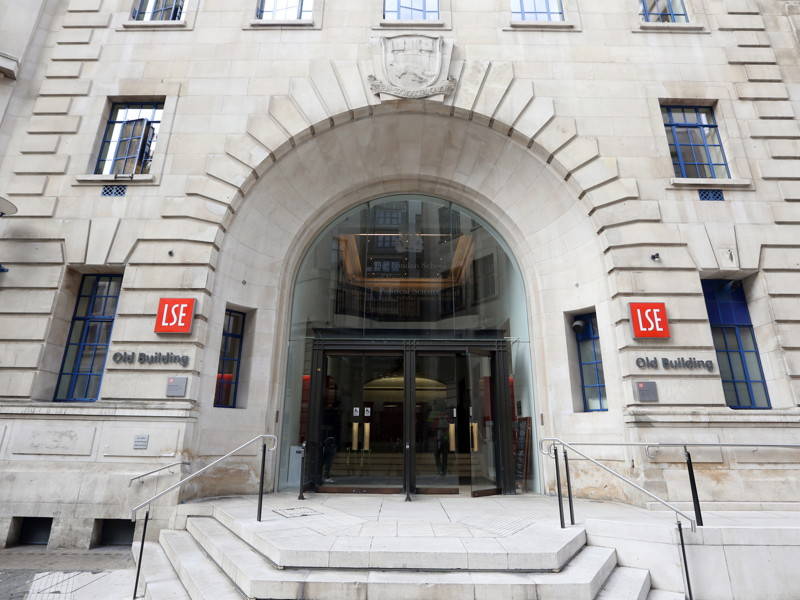
Every year, ICEF awards its best-performing undergraduate students with trips to LSE Summer School at the London School of Economics, a key member institution of the University of London (UoL). While last year the School delivered its courses online, this year it offered its participants a choice between online and offline learning – and many chose to come to London despite challenging travel restrictions due to COVID. In this interview, our students share which mode they chose and why, how PCR testing services work at universities in London, what made their travel challenging, and, most importantly, how they found their experience.
Christina Drozd, ICEF, third year bachelor’s degree student
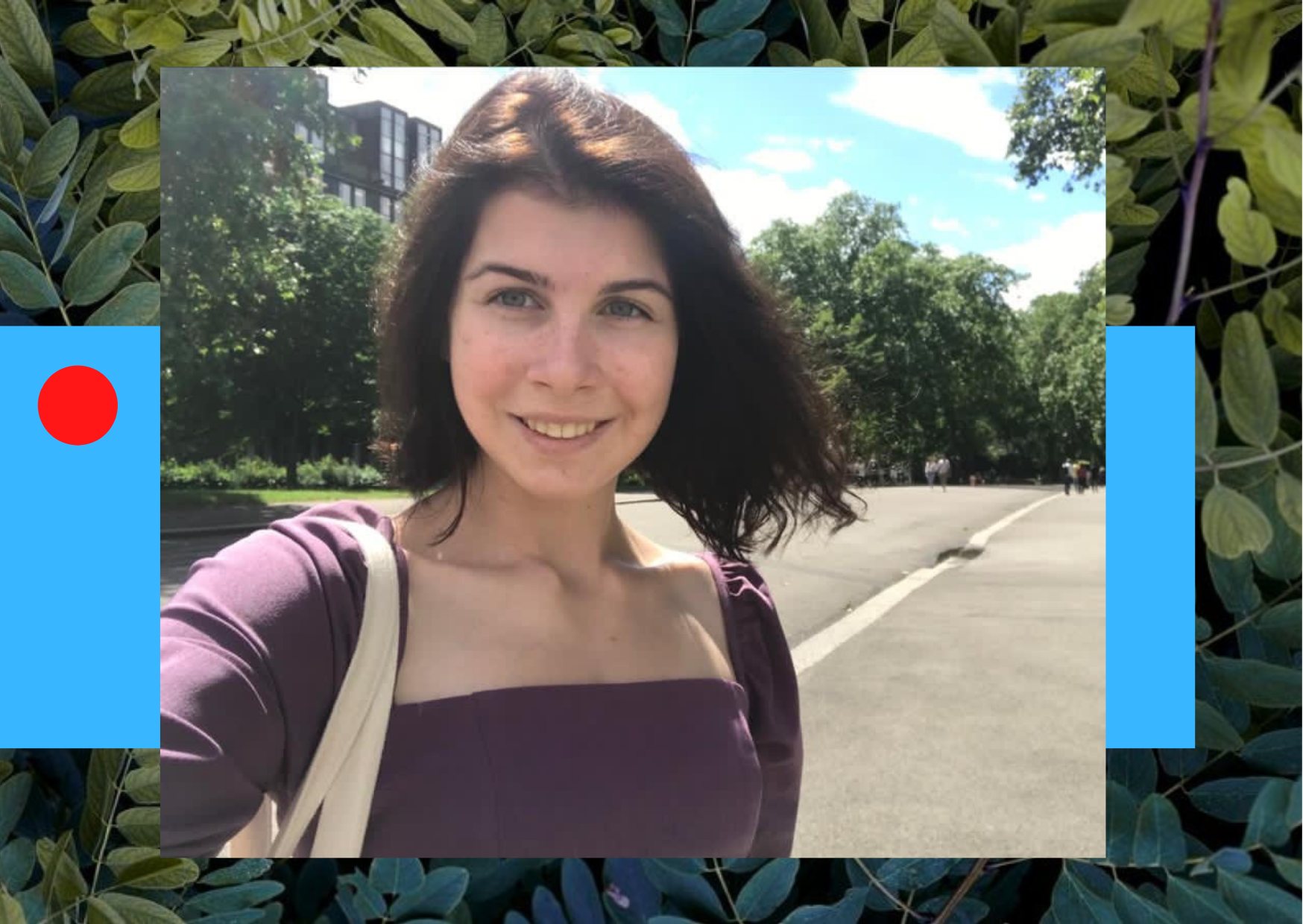
About the pandemic travel problems
In my first year of studies, I was ranked the best performing student. ICEF has a tradition of awarding two of its students with top results in international exams, as well as the brightest students of ICEF Academia programme, with trips to London School of Economics (LSE) Summer School. This was how I got this opportunity. We could choose between the online and the offline mode, but, given the pandemic and the administrative difficulties it entailed, it was unclear until the last moment if the offline option would be possible.
If it weren’t for the many social constraints we faced in that difficult time, we wouldn’t have known how challenging it is to organize an international exchange. The staff of ICEF used every way to resolve our problems quickly and encouraged us every step of the way. We worried we might get ill and be unable to make the trip. And there was a lot to worry about upon arrival.
I had been to London as a school student. My second trip was different – I had a goal and I tried to participate in every activity offered by the university, albeit with varying levels of access. The cultural side of the trip was as important for as the educational one.
About the social benefits of offline learning
I chose the offline mode because I wanted to experience what it’s like to be a student of a major university abroad. Although the learning process at ICEF follows the lines established by the UK-based schools, witnessing this educational culture first-hand proved a completely different experience. For me, this trip was a chance to experience the British approach to teaching and teacher-student interaction. I was able to use the UoL’s learning resources and generally understand what the educational process at LSE is about.
It seemed important to me to be able to interact with the professors face to face without using technology. I was looking to be a part of the global student community. Face-to-face communication and emotions can lead one to ask more questions and engage in live discussions, whereas with the online mode and online lectures you soon find yourself missing the informality inherent in the university environment, you feel you can’t relate emotionally and get enough encouragement to keep moving on.
Over the past year, we all have learned that studying from home and studying in class are two completely different things
The main difference for me is that while giving equal amounts of information, the online mode can be less productive. With face-to-face communication, you feel more motivated to learn more. Additionally, the offline mode promotes social integration: at LSE, there were many extracurricular events that were available only to those who were there in London physically.
About the learning process
The Summer School has its programme divided into two parts, supervised by two different lecturers. Each part is followed by examination. And there is a wide variety of courses in so many different areas of knowledge for students to choose among. I took up ‘Alternative Investments’ as a course that promised a more in-depth knowledge of investments compared to the related courses that I did at ICEF. Alternative Investments follows a classical structure with lectures and seminars to be attended on the daily basis.
The School also operates a dedicated portal with extra educational materials for students to advance their knowledge in the areas of their interest. In addition to lectures, we had meetings with speakers, some of whom were practicing experts in investment industry. The training process turned out to be very versatile, not only in terms of theory but also professional insights.
My time at LSE has convinced me that the occupational field that I seem to have chosen intuitively for myself is really exciting to be in. I have learned more about hedge funds and how they operate, and how different jurisdictions operate alternative investments. The pieces of information that I had from before and that I’ve learned from practicing experts have finally come together to form a clear picture. This made me want to pursue investments as an occupational field.
How the LSE ensures health & safety through the pandemic
In the UK, vaccinated citizens account for approximately 70% of total population, and most of the COVID restrictions were lifted in London in mid-July. There were restrictions during our visit, but those were mild restrictions. With the majority of students vaccinated, the London School of Economics takes a responsible approach to protecting its students from infection: there is a rapid test to be taken before visiting the campus, which is processed immediately and grants access for the next three days.
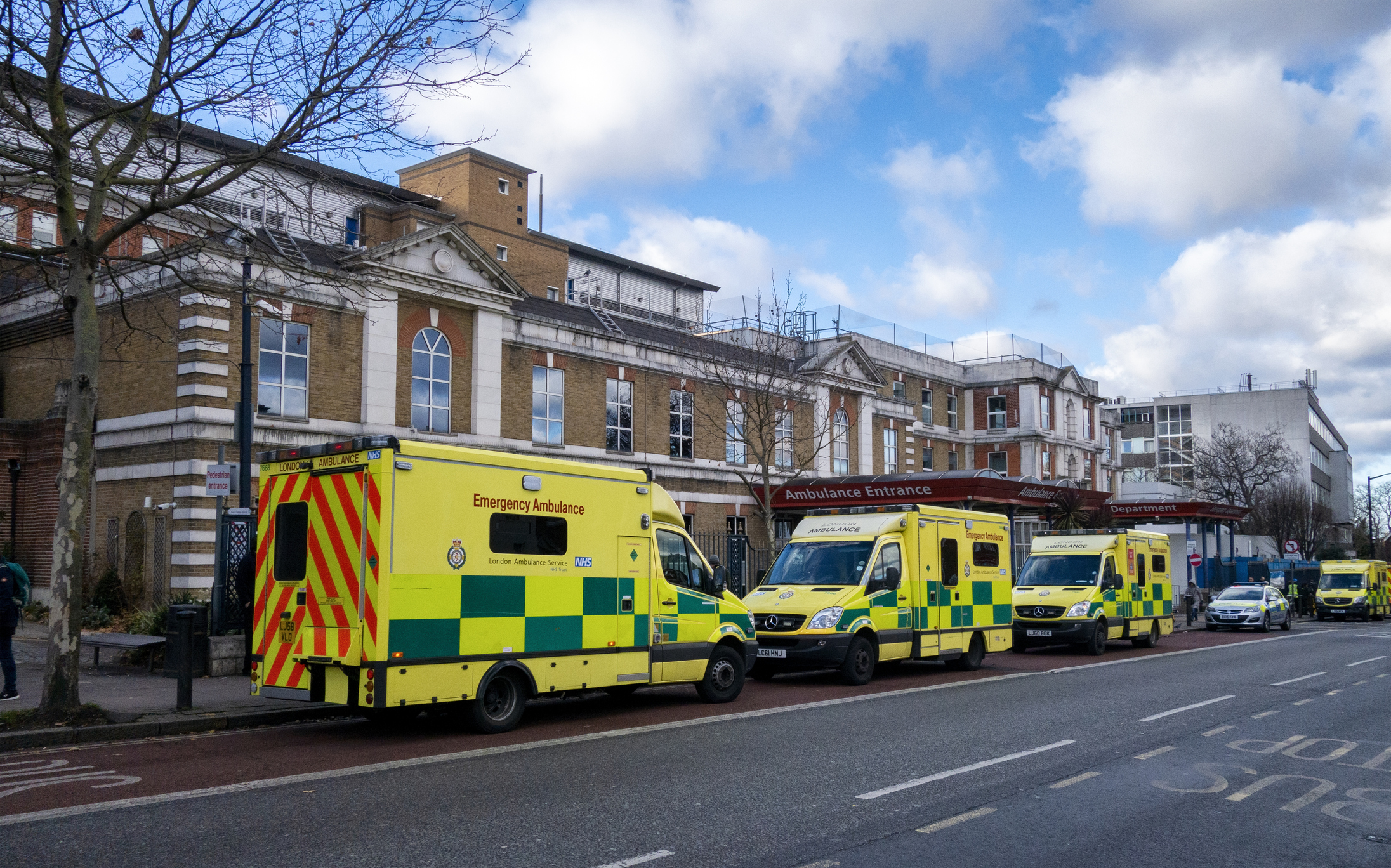
Recognition of a particular vaccine is no longer a green pass for travel, to be honest: even the British students who received the local vaccine for COVID were required to take PCR tests for admission to campus. At the same time, being fully vaccinated gives one a greater confidence in their being protected, especially during trips abroad.
It was a requirement for ICEF students to arrive one week earlier to self-isolate during a period of five days before attending classes. I self-isolated in my room, using delivery services as my only way of communicating with the outside world. We all spent those days waiting anxiously for our test results, hoping they would be negative. And we were also asked to download a special app that the British use to Track & Trace to help bring the coronavirus pandemic under control. We would use that app to register when visiting a cafe, bar or theater.
About the results of cultural exchange
One of my main motivations was to meet students from other countries and to understand how the academic exchange system works in different parts of the world. Perhaps the most striking discovery was the fact that despite our completely different cultural backgrounds and history of our nations, we at LSE Summer School seemed to have the same goals and values. Like my classmates at ICEF, the students I have met seek to get employed by a prestigious company or start up their own business and be able to travel the world.
Life expectations gap has narrowed among nations. We seem to be united by the same ideas and can get along well together
This insight made me realize that working as part of an international team may not be as challenging as I imagined and that I would be able to find a way to be on the same wavelength with my colleagues.
Arslan Shakhnazarov, ICEF, second year bachelor’s degree student
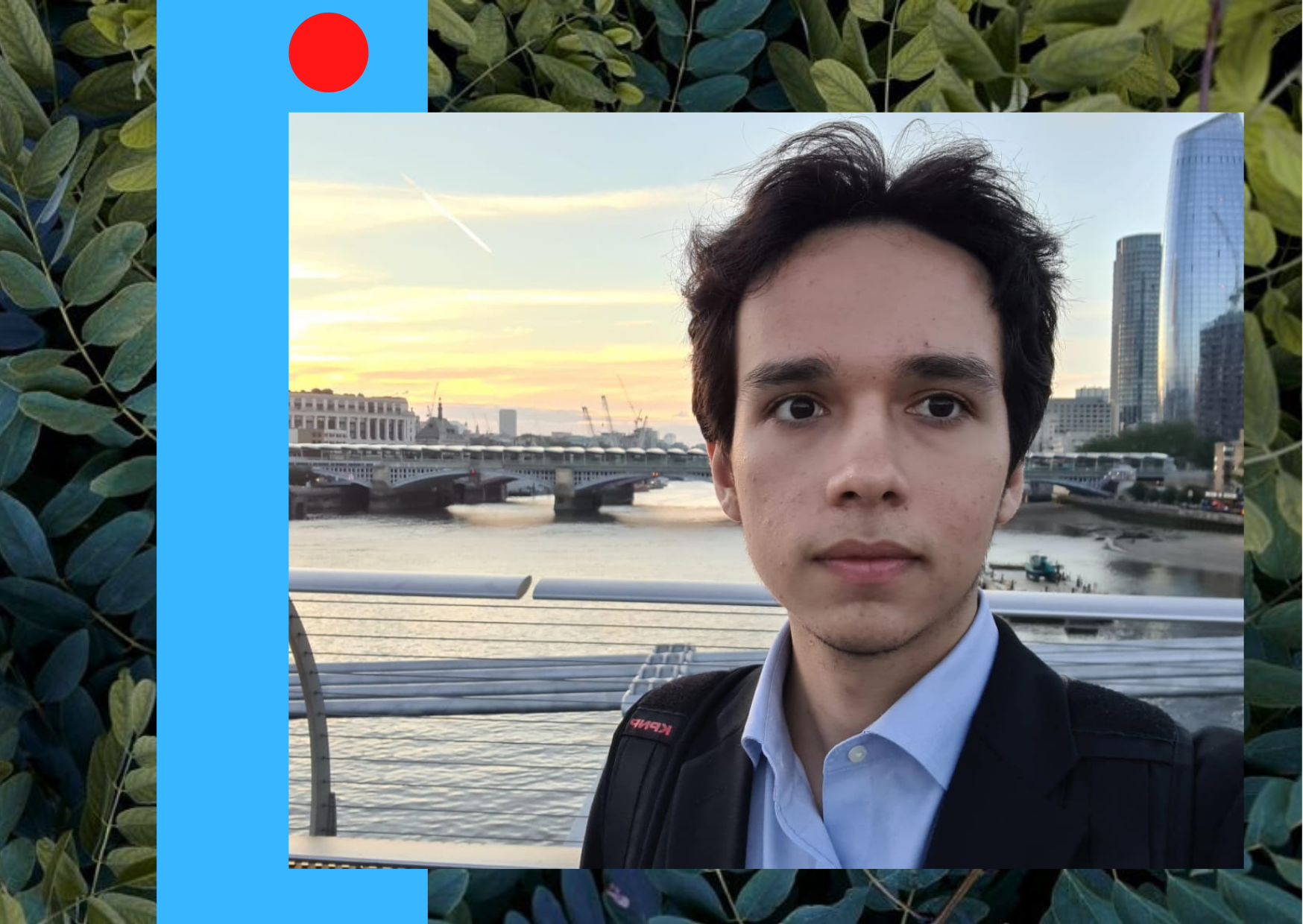
About how to become the best performing student
I owe my trip to LSE Summer School to my ranking as the second best performing student of ICEF Academia, an advanced programme with electives like Calculus++ and Social Science Thinking and Research.
I come from Uzbekistan. I’ve set myself a lot of tasks and I see studying abroad as a way to immerse myself in an unknown environment. I spent all my free time exploring that new environment, while concentrating on intensive study of some particular subjects and preparing for the exams. I really enjoy studying at ICEF. I like the fact that I can cope with academic load, although it seems a way too high to many. My passion for tech courses, mathematical analysis and statistics probably explains why I’ve achieved excellent academic performance quite early.
About how powerful a student community can be
We were awarded trips to LSE back in December and we spent those few months until the summer of 2021 waiting for the travel options to become clearer. I really wanted to go to London. I had only been to Japan, while the trip to London promised a unique opportunity to get acquainted with the culture of the Western universities. But, things weren’t that easy on the administrative side given COVID restrictions and procedures. There were a lot of documents to be presented and preparatory stages to go through. A letter came in May informing us the opportunity to go to London was likely to be cancelled and that we should prepare to do the courses online.
We got together and wrote a letter to Sergey Yakovlev, ICEF Director, requesting him to help us. Thanks to his support, and the vaccine rollout which had caused a rapid improvement in the epidemiological situation in the UK, we were given the green light. We were recommended to get vaccinated before the trip. For me, the mutual trust between students, faculty staff and administrators is one of the essential sides of the learning process.
Students really get their voice heard at ICEF – this is what pushes them to work their best for their university
Despite the support provided to us by our university, the situation required us to stay updated on the pandemic restrictions and to monitor the changes that were being introduced by Russia and the United Kingdom. It was critically important to those of us who chose offline learning to make the trip. Concise and intensive, the programme at the Summer School is just great, but its impact is even greater when it is taken in class, sitting next to students from other countries. To be able to witness the differences – in terms of career opportunities, values, academic life, passions and habits – is what we deserved and had to fight a little for.
About the professional consequences of the trip
I really wanted to meet my peers from the University of London, and Londoners, to experience their environment and identify the good things to take back to my home university. I had a great desire to meet new people and make friends I could stay in touch with after the LSE Summer School. Networking was probably my main goal.
Broadly, the very fact of passing the course at LSE gives you confidence and even peace of mind. You feel you’ve done a great job and equipped yourself with skills and international experience to be used in everyday life. Simply put, the trip to LSE Summer School takes you to the next level. At LSE, I chose a highly useful course called ‘The Art of Negotiating’. One of its cases involved negotiating salary and employee benefits.
I am currently an analyst at Tinkoff. My duties also involve product management. Just when I got back from London, my employer was reviewing my duties and salary package, and I benefitted greatly from my new knowledge and how quickly I could understand the workplace issues. I faced the meeting with my boss thinking I was a full-fledged specialist and that this great experience would help me. My confidence and professional success convinced the management it was worth offering me more lucrative conditions. So, thanks to my Summer School experience I could make the most of the career opportunities before me.
About life in London
As the pandemic restrictions entered a new stage, the London School of Economics continued to offer its students some of the most exciting social activities. It was possible to choose yoga or exploring the city, online games, sports marathons, as well as trips to Oxford or Cambridge. It was even possible to go to Old Theatre and see a modern staging of a Shakespeare play. This has been a great cultural experience and a way for international students to integrate into the new environment in a more informal setting.
I met quite a number of master’s students at LSE. They told me about their programmes, how to enroll and what career opportunities there are in store for them.
My communication with the students left a pleasant aftertaste. LSE is definitely a school I would choose to continue my studies at
I think I got the idea of what it’s like to be an international student and the social side and prospects it entails. Since meeting the industry forms part of the programme at LSE Summer School, its students learn how to write a resume, self-present and act during a job interview. By learning these skills, I gradually acquired the understanding of the international labor market.
Vladislav Dukhanin, ICEF, second year bachelor’s degree student
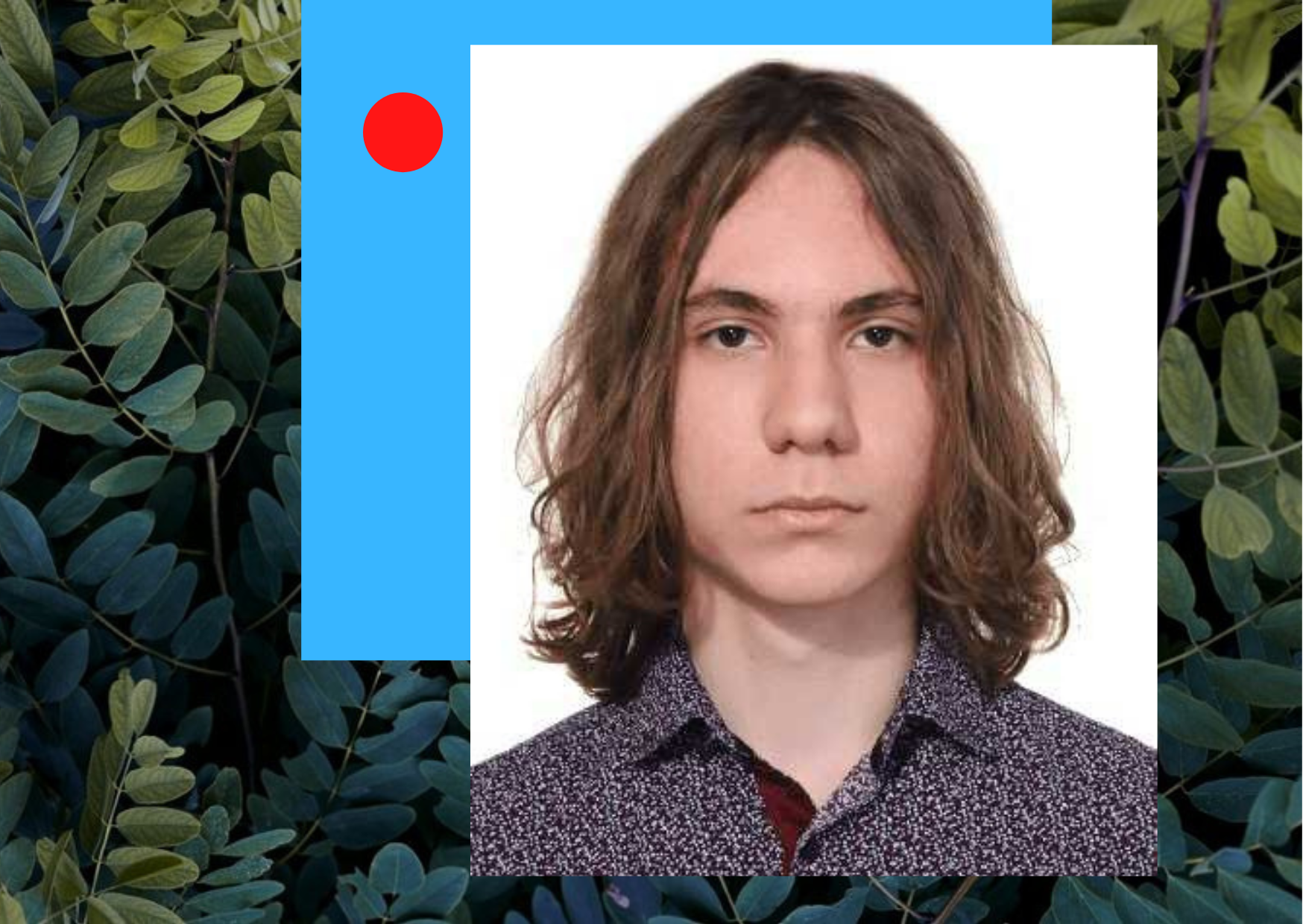
About how to kill two birds with one stone
I owed the opportunity to study at LSE Summer School to my second best-performing student ranking. Initially, I chose to do the course offline but the news came it was a requirement to self-isolate upon arrival and there were other additional barriers given coronavirus. I also had a plan to do a summer internship and, given its duration of two months, which is the minimum duration with the majority of companies, it became impossible for me to do both. So, I chose to do the course online.
About doing the online course at LSE
The course I chose was called ‘Alternative Investments’. It focuses on the investment strategies pursued by hedge funds, private equity funds, as well as the derivative strategies, among others. ICEF offers ‘Basics of Banking and Finance,’ which covers these topics only partly, especially with regard to the derivatives portfolios and calculations for them, and which I was yet to start in my second year at ICEF. What also added to the uniqueness of the course I chose to do at LSE, was the fact as a Mathematics and Economics major I didn’t have Alternative Investments in my core curriculum.
Despite my strong focus on mathematics, I wish to work in finance. I know the knowledge I have received at LSE will benefit me in the future. What I liked most about the learning process is the great number of real-life examples used by the professors to illustrate how the entirety and the diversity of the financial institutions work in the world of finance.
About the benefits of the new knowledge
In general, my impression of LSE Summer School is that it provides its learners with solid knowledge – a must-have for those who wish to work in finance. I knew I wanted to go into industry long before the Summer School. My plan is to do as much extra-curricular learning as possible within my major.
The classes at the Summer School have only strengthened my decision to pursue finance as a career and my true passion
There was one particular seminar that led me to decide to do a Master’s after my bachelor’s studies at ICEF. It was delivered by an invited expert who has been combining his many-year track record in practical finance with research – yes, it is possible to pursue the tracks in both academia and business within my specialization. That expert has an interesting personality and shared his own experience of running a small hedge fund, highlighting some of the technicalities. His lecture and my communication with him were probably the most remarkable experience. It helped me to decide with confidence on the Master’s programme I’d like to pursue. Now that I’ve learned what financial engineers do in practice, I know exactly what I need to learn to become one and at which level.